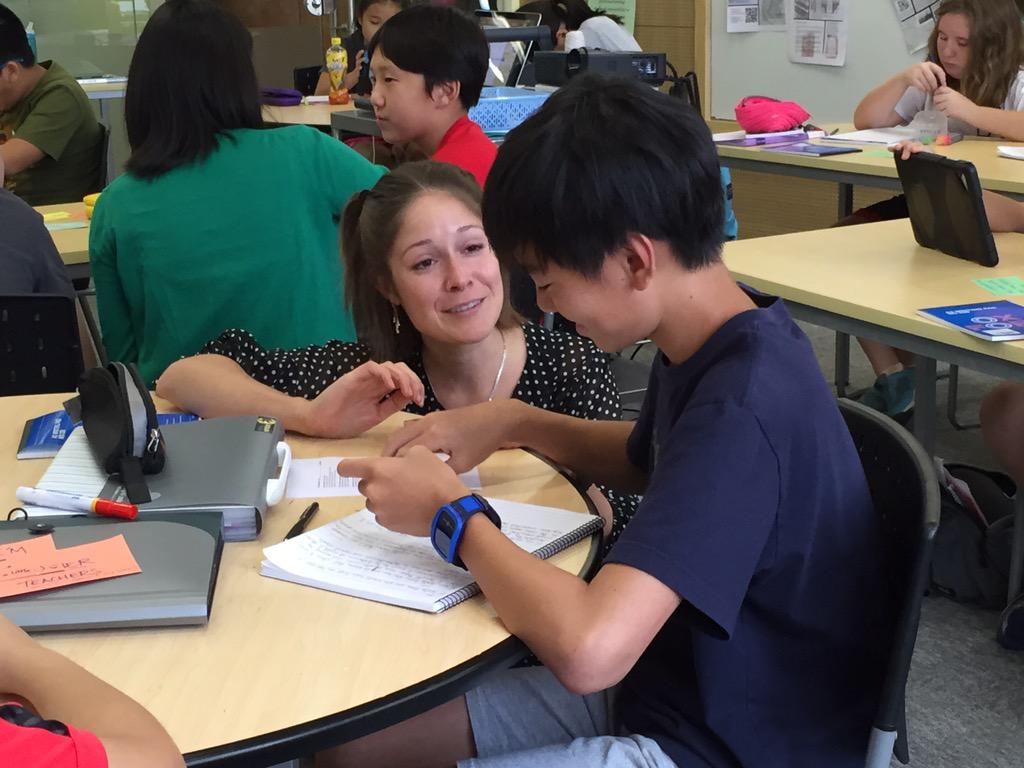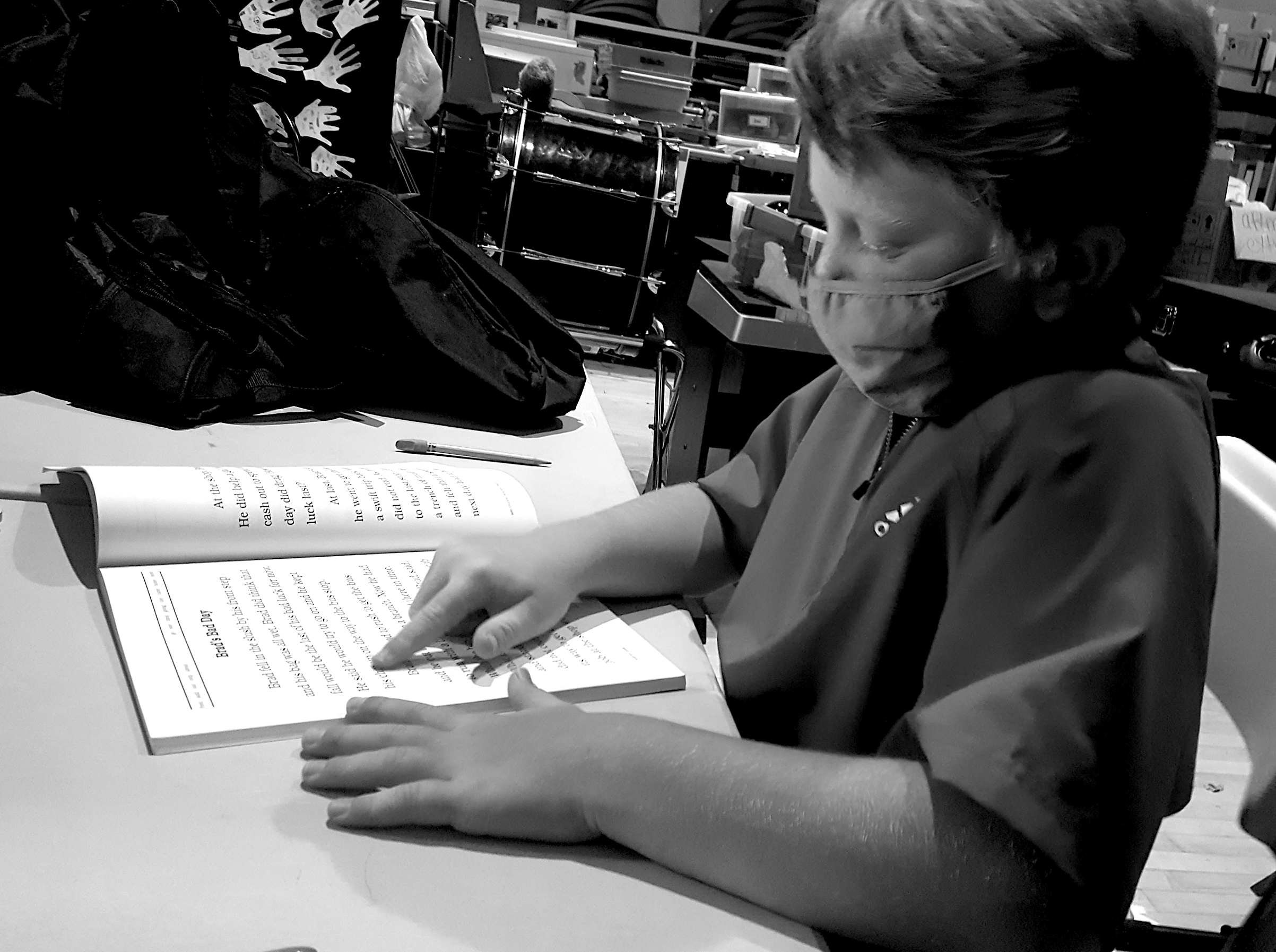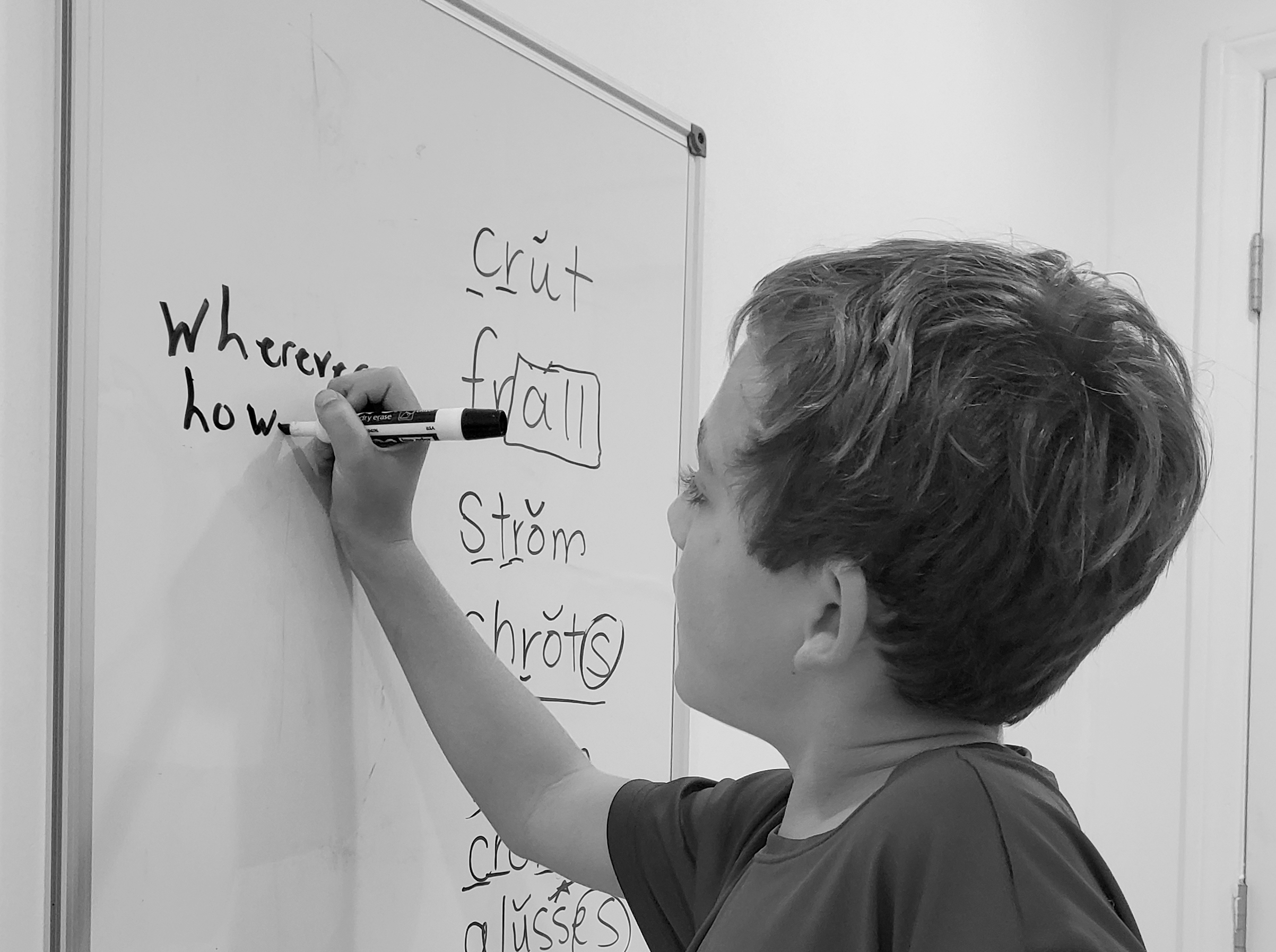Who is Rebecca O’Brien?
Rebecca O’Brien, MS AET WDP is an educational therapist and a certified Wilson® Dyslexia Practitioner. She belongs to the International Dyslexia Association (IDA) and the Association of Educational Therapy (AET). She is a former classroom teacher (of Language Arts, History, and ESL) with more than a decade of classroom experience supporting both small/medium groups and individuals in the private school setting.
Her proven expertise is in:
- executive functioning and strategies for organization;
- diagnostic educational assessments and reports for schools;
- basic and complex literacy skills (handwriting, spelling, reading);
- Wilson® Reading System – a structured literacy approach for dyslexic learners.
Rebecca is a detail-oriented communicator who is able to easily interface among allied professionals, parents, and students. She is willing to advocate for her students’ needs and offers parents access to resources, strategies, and referrals. She tracks every individual learner’s needs meticulously and maintains open lines of communication between everyone on the learning team.





